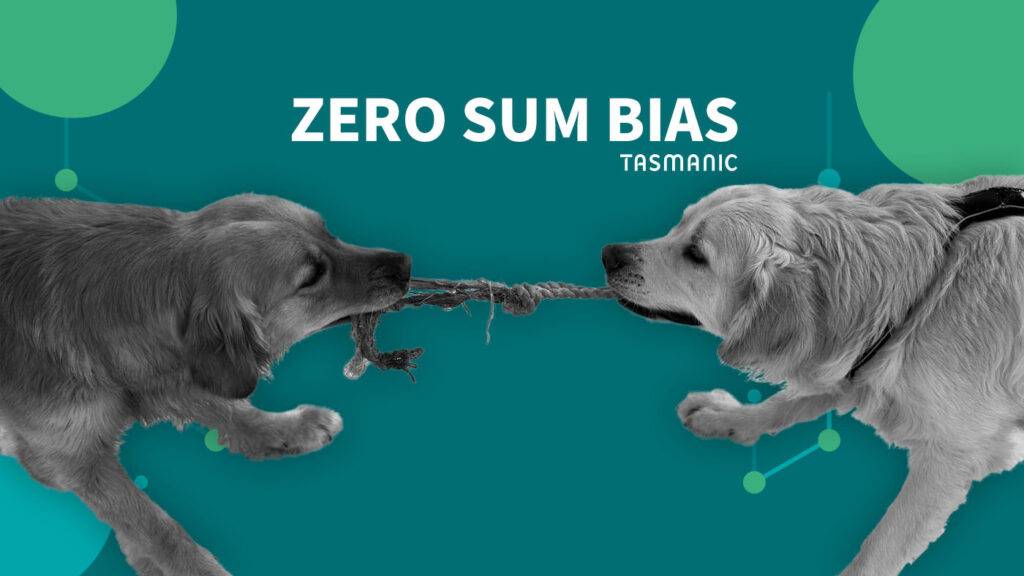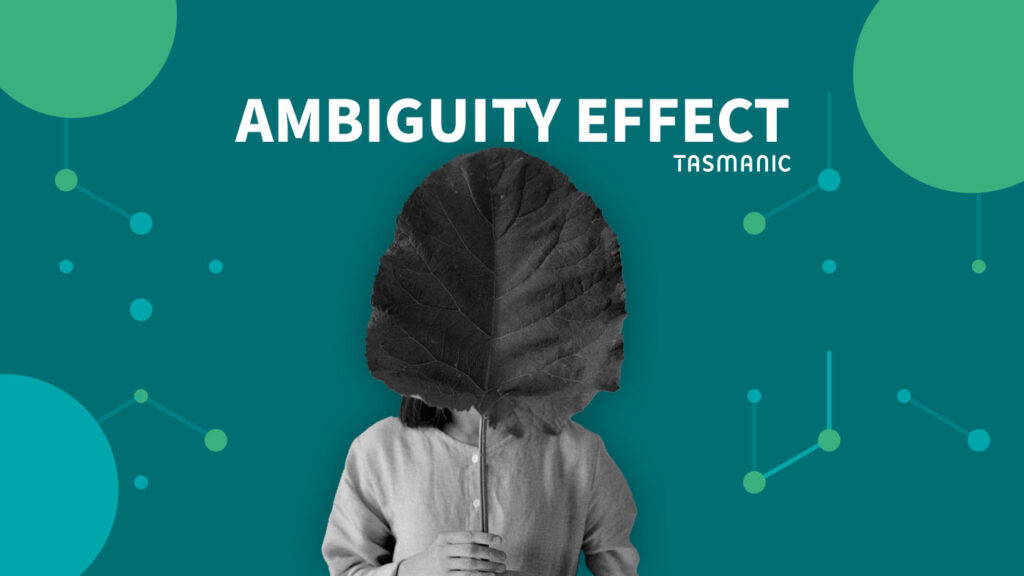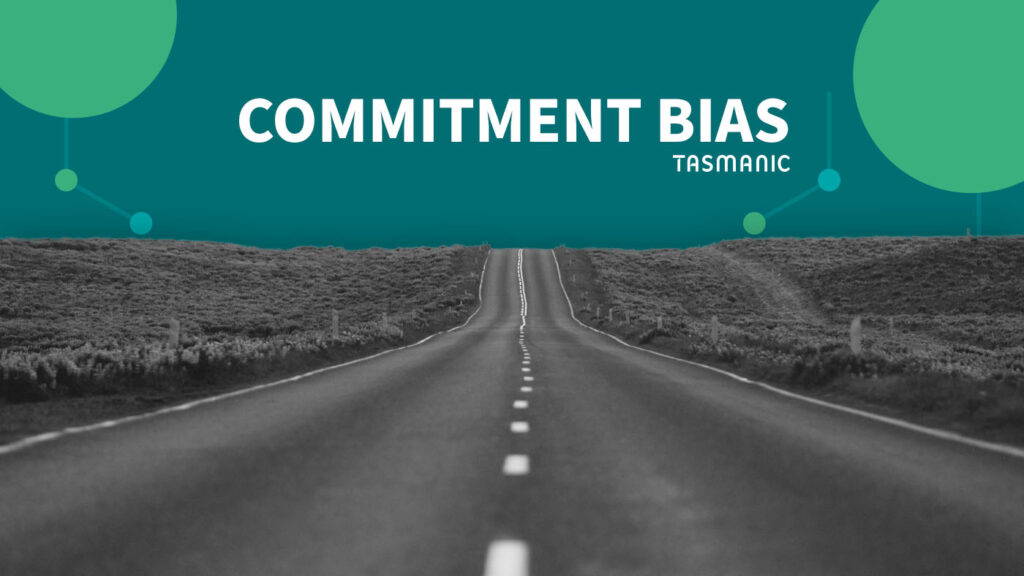
Introduction
A customer who goes to the competitor's store will not become a customer of yours, right? This is a typical example of the zero-sum bias. Residential stores, however, have discovered that this way of thinking is not always advantageous, and choose to be located close to each other. In this article, we take a closer look at how the zero-sum bias arises and can lead to limited strategic thinking and how it can reduce opportunities for collaboration and market expansion. Learn how, as an entrepreneur, you can take advantage of the very benefits of this fallacy.
What is the zero-sum bias?
With zero-sum bias, we tend to assume that one person's gain is accompanied by another person's loss, when that is not the case at all (Meegan, 2010).
The zero-sum bias is a cognitive error that happens intuitively. Thus, with the zero-sum bias, we think we are dealing with a zero-sum situation when in reality we are not. This can lead to false accusations and poor decisions. We think that someone else must lose in order for you to win, because there are only a limited number of goods and resources in the world (Rozycka-Tran, Boski & Wojciszke, 2015).
The zero-sum bias can lead to the idea that someone has to lose before you can win. As a result, you become combative and competitive. This can get in the way of your success because you would rather burn bridges than connect with others to succeed together. Many entrepreneurs suffer from this because they fear that working together means less success for themselves.
How does the zero-sum bias arise?
The zero-sum bias probably has an evolutionary cause. Indeed, in times of scarcity, there is often a zero-sum situation. Food for one person means no food for another. To survive, you used to have to fight for something, knowing that someone else would be worse off as a result (Rubin, 2002).
In current times, there are new theories that due to globalization and increasing communication and cooperation between countries, we are increasingly moving toward non-zero-sum situations, where a benefit to one party also means a benefit to another (Wright, 1999).
Examples of the zero-sum bias in practice
- In friendships, you might think that when you have multiple friends, those friendships are less "good" or qualitative than when you have one good friend.
- In a negotiation, you may think you can only win at the expense of the other party, when you could also go for a joint solution.
- With copyright infringement, you might think that any duplicate is automatically a lost sale of the original.
Using the zero-sum bias to your advantage
Taking the zero-sum bias into account is critical if you want to increase conversions and be successful in negotiations with partners or associates:
- In your marketing, do not emphasize too many benefits of a product or service, but focus on the most important ones, after all, it can never be that you are good at all of them, according to consumers (Chernev, 2007).
- Emphasize in negotiations that gains in one area need not come at the expense of gains in another area. For example, a particular job offer can both pay well and have good fringe benefits.
- When differentiating between customers in subscriptions, emphasize that both the basic package and the premium package are good value for money and that the premium package is an extension of the basic package (Hagerty, Thompson & Barasz, 2021).
Resources
Chernev, A. (2007). "Jack of All Trades or Master of One? Product Differentiation and Compensatory Reasoning in Consumer Choice." Journal of Consumer Research, 33(4), 430-444.
Hagerty, S.F., Thompson, D.V. & Barasz, K. (2021) "Zero-Sum Perceptions Reduce Acceptability of Premium Offerings." University of Toronto.
Meegan, D. V. (2010). "Zero-sum bias: perceived competition despite unlimited resources." Frontiers in Psychology. 1: 191.
Rozycka-Tran, J., Boski, P. & Wojciszke, B. (2015). "Belief in a Zero-Sum Game as a Social Axiom: A 37-Nation Study." Journal of Cross-Cultural Psychology. 46 (4): 525-548.
Rubin, P. (2002). "Darwinian Politics: The Evolutionary Origin of Freedom." Rutgers.
Wright, R. (1999). "Nonzero: The Logic of Human Destiny." Pantheon Books.
Is your company missing opportunities?
Our pay is based on your results.

















 Team
Team FAQ
FAQ Prices
Prices Vacancies
Vacancies Contact
Contact Marketing
Marketing SEO
SEO SEA
SEA Strategy
Strategy Sales
Sales Optimization
Optimization AWR
AWR Ahrefs
Ahrefs Channable
Channable ContentKing
ContentKing Leadinfo
Leadinfo Optmyzr
Optmyzr Qooqie
Qooqie Hubspot
Hubspot Semrush
Semrush




